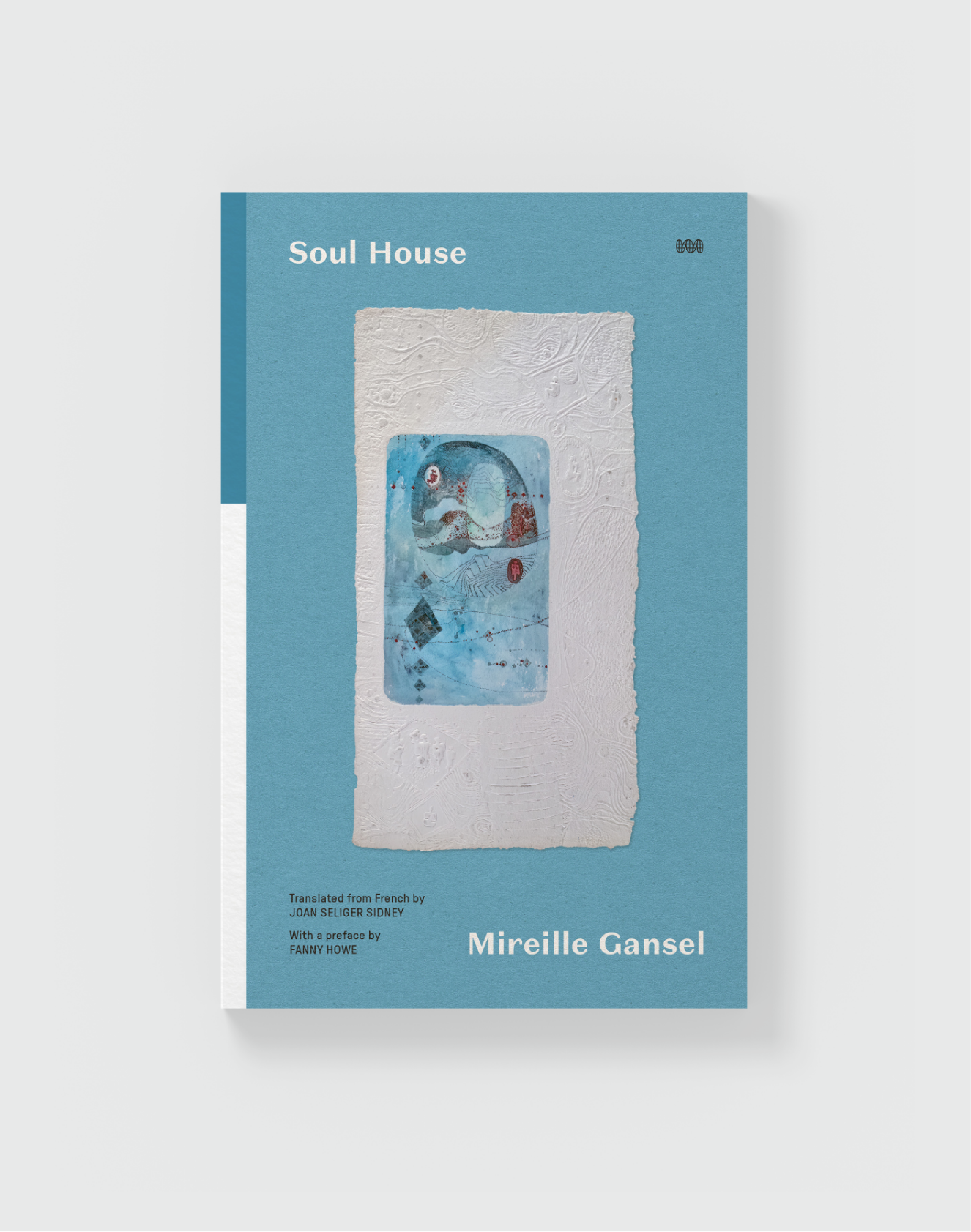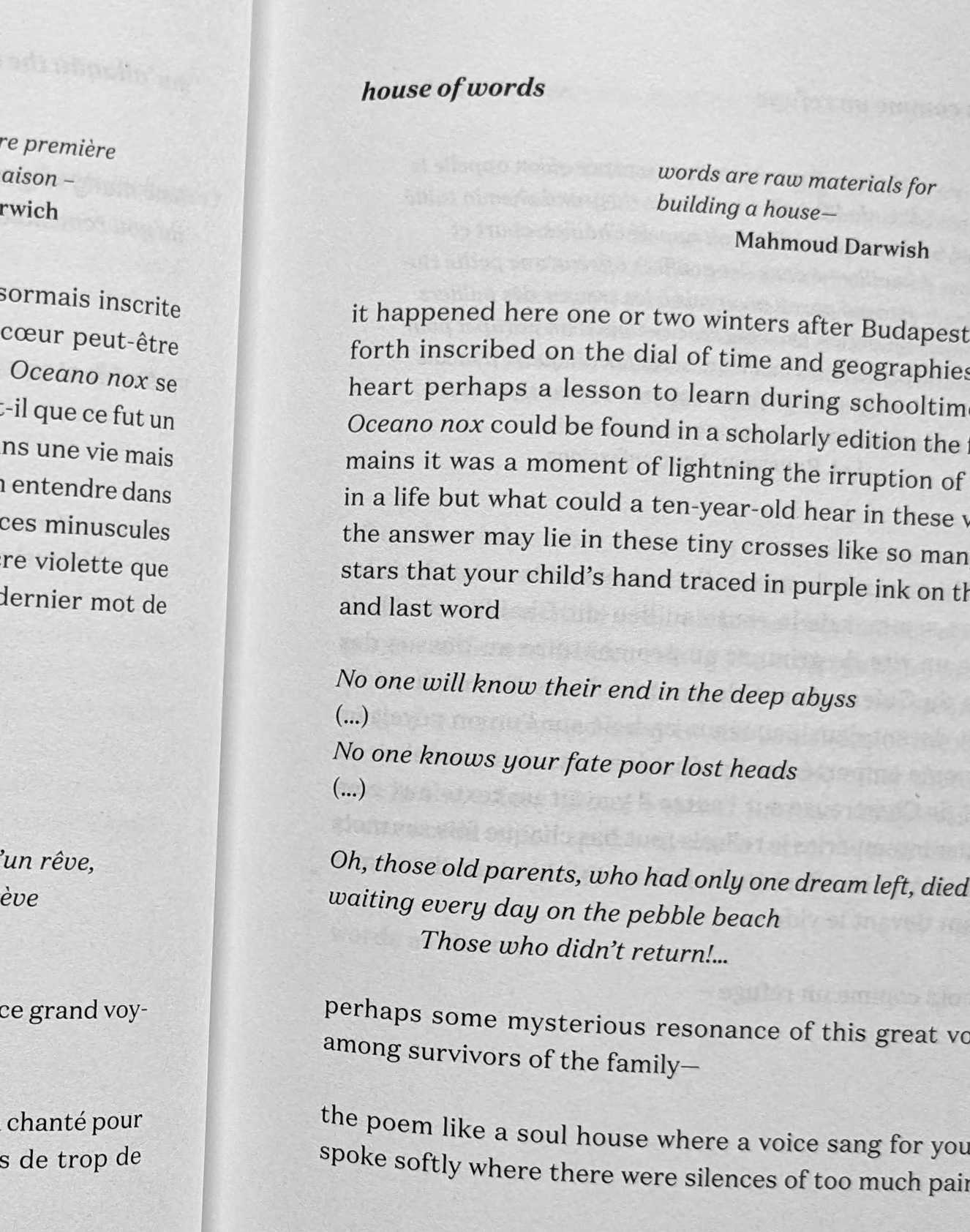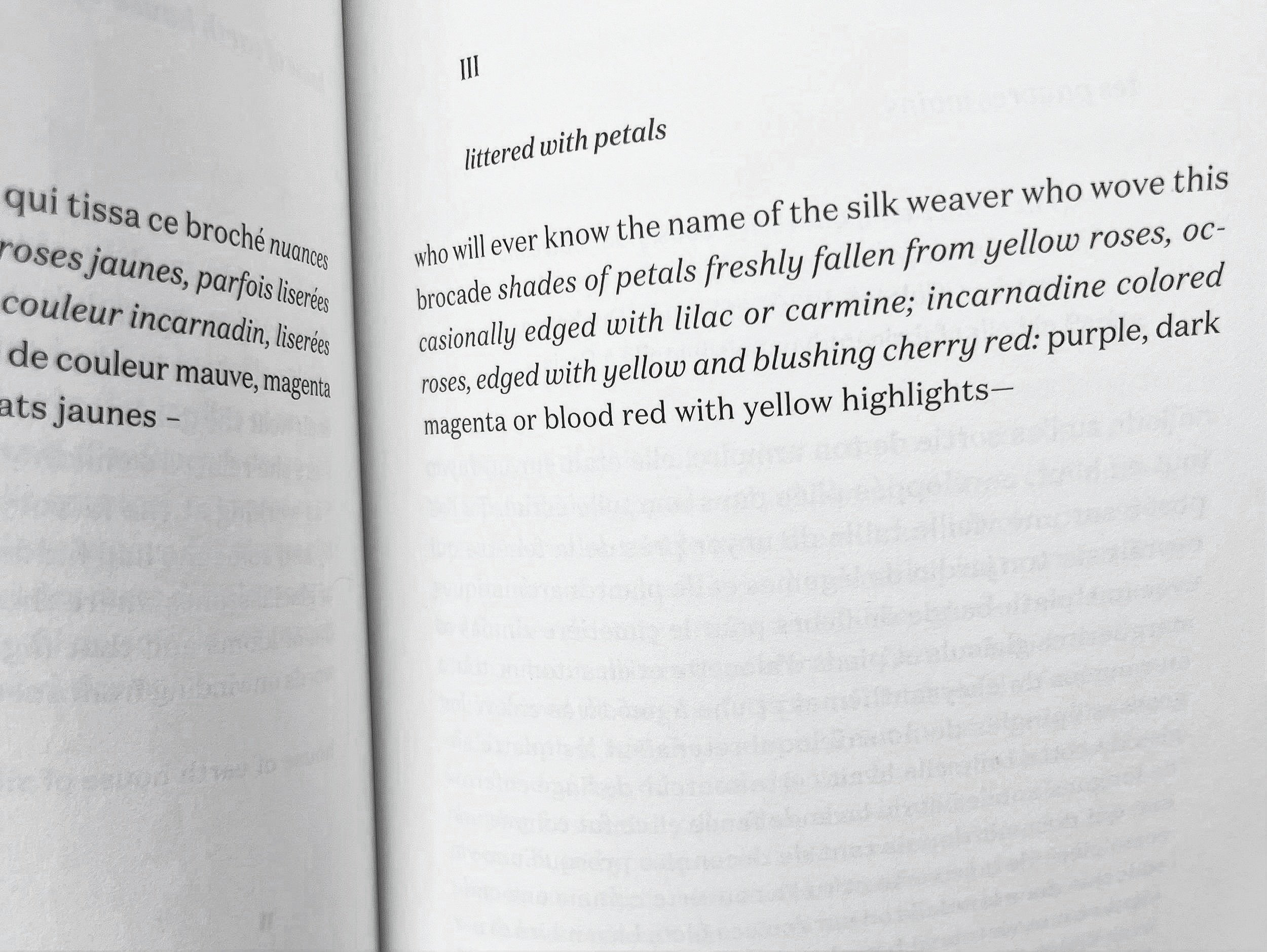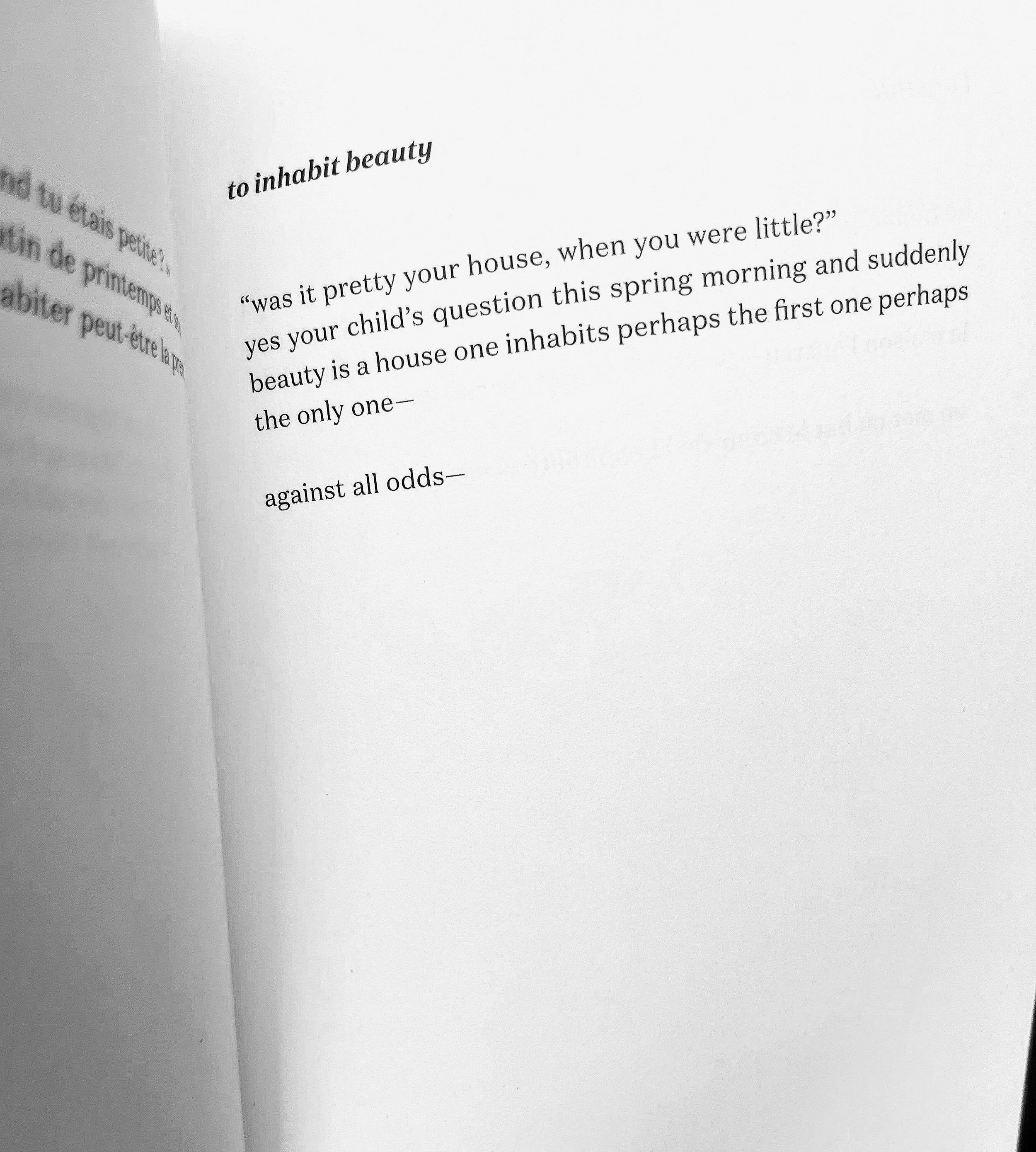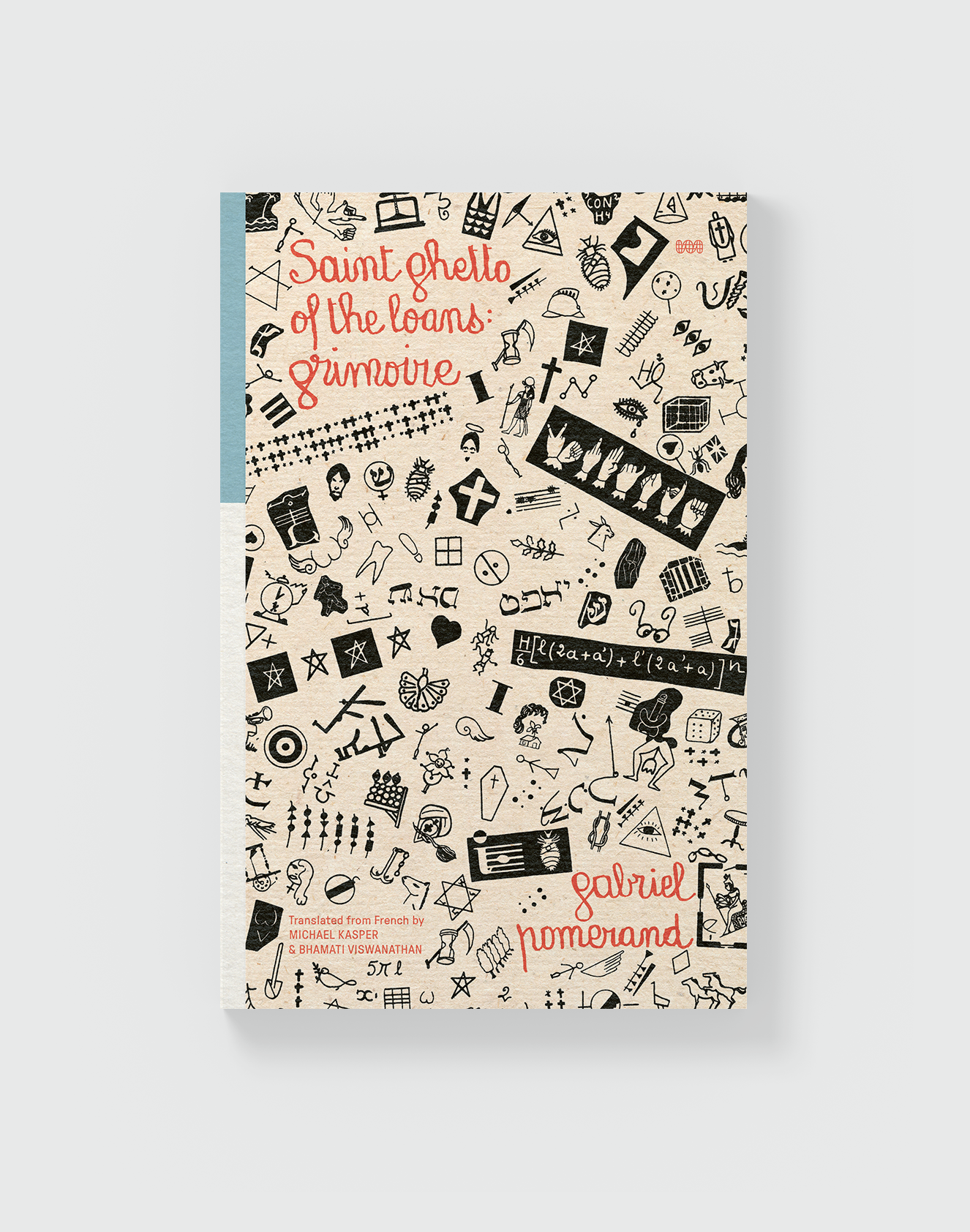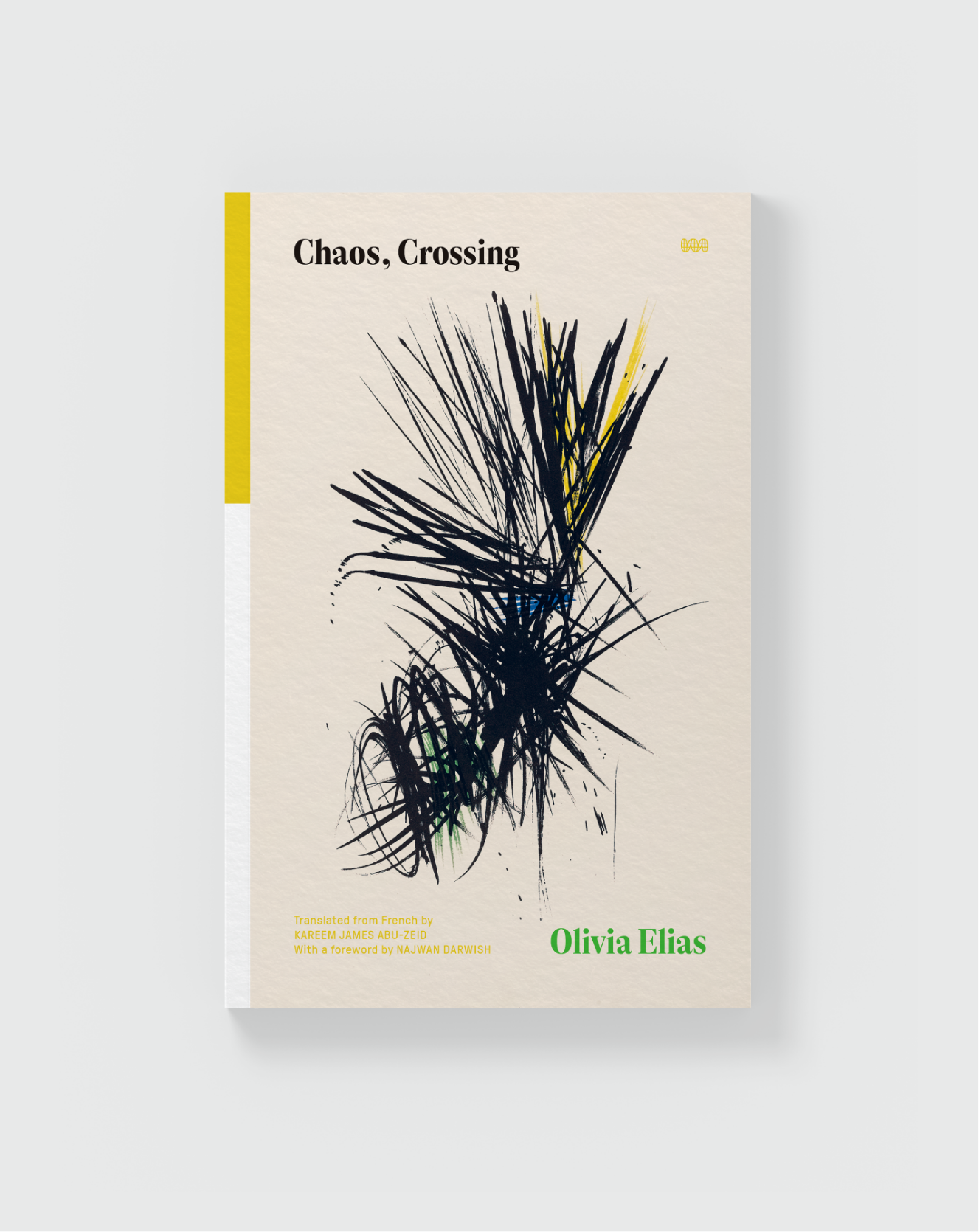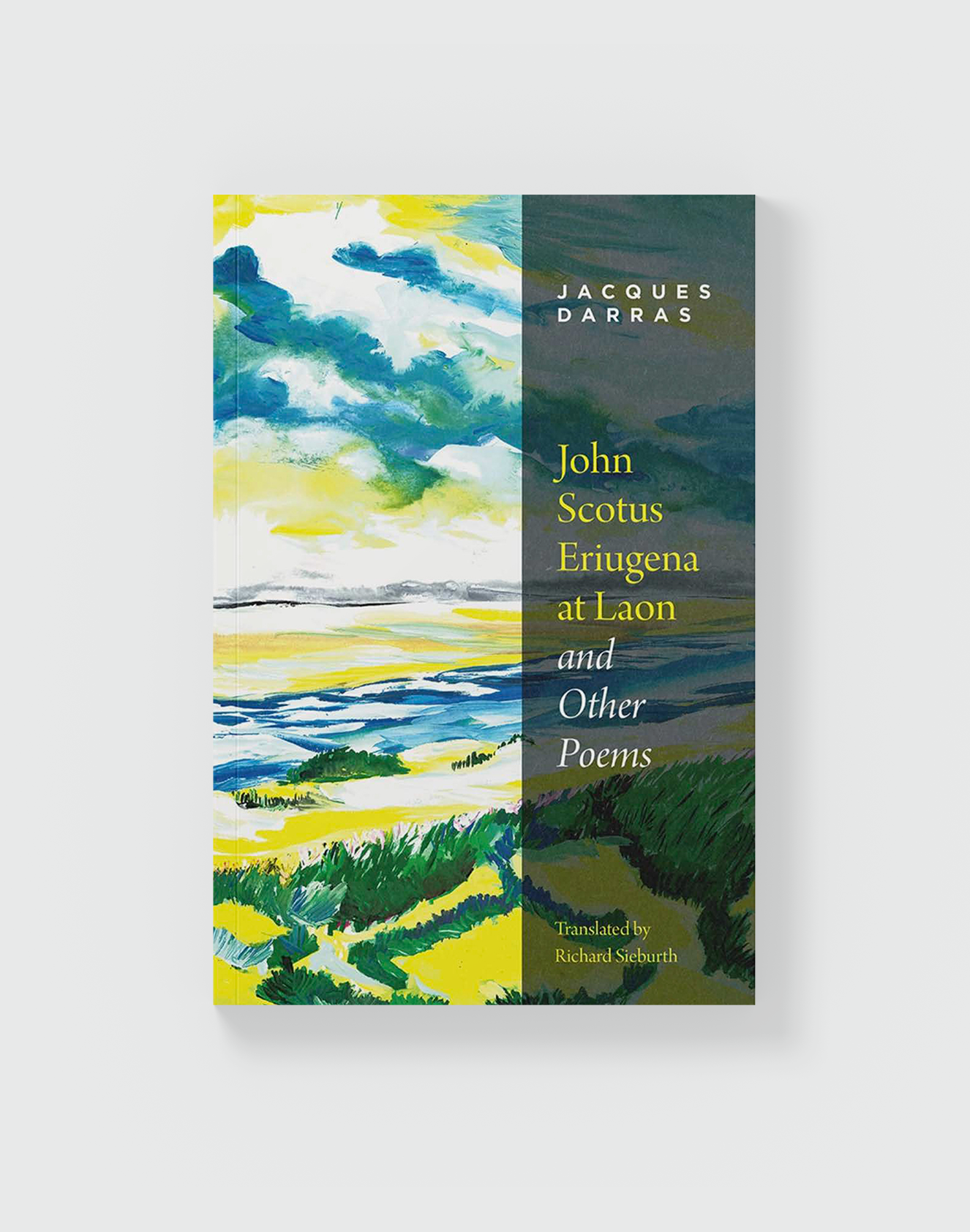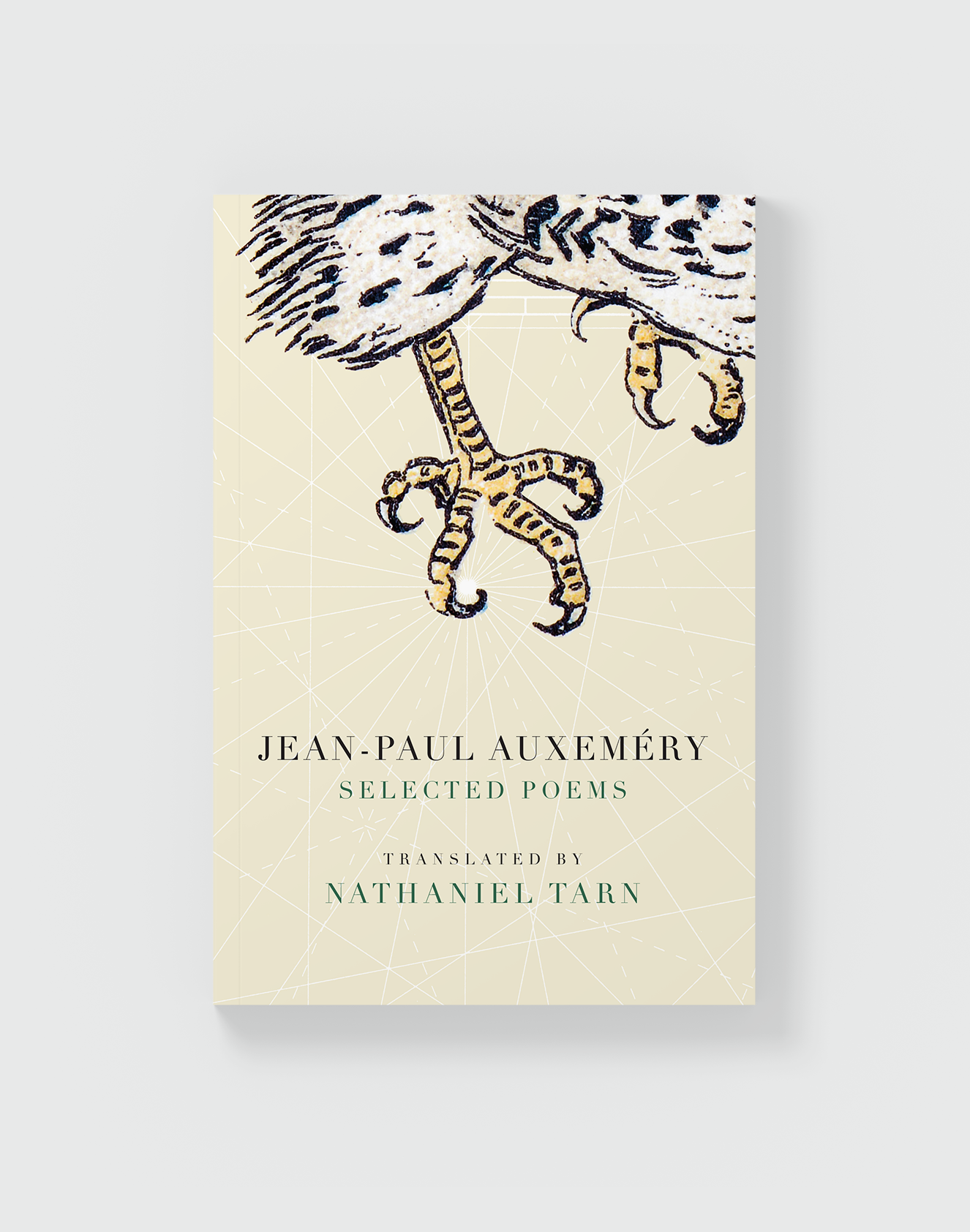MIREILLE GANSEL - SOUL HOUSE
-
Bilingual Edition
168 pages
November 14, 2023
ISBN 978-1-954218-17-8
Distributed by Asterism (US) and Turnaround Publisher Services (UK & EU)
Mireille Gansel
Soul House
Translated from French by
JOAN SELIGER SIDNEY
Preface by
FANNY HOWE
Afterword by
MICHELE GANEM GUMPEL
Shortlisted for the 2024 Derek Walcott Prize for Poetry
In the first of her poetry books to appear in English, acclaimed French-Jewish poet, translator, and translation-theorist Mireille Gansel crisscrosses time and extends hospitality to exiled poets and peoples in her quest to recreate a lost literary and spiritual home.
Gansel opens this meditative volume of 53 prose poems with an epigraph from Gaston Bachelard: “against all odds, the house invites us to say: I will be a citizen of the world despite the world.” In these war-torn days of refugees fleeing to Europe, Gansel strives to describe what we have in common, creating a crossroads of people, places, and languages she has loved. For Gansel, a poet rebuilding her “soul house,” every word is a building block. At the same time that she welcomes the stranger to her lost house, poetry is her weapon—“these migrant poems from all languages, these smuggled words that no border can stop”—with which to fight persecution and exile. Sophie Ehrsam wrote, “The ‘soul house’ is anything that harbors a glimmer, a hope, including an open door or an outstretched hand.”
“Mireille Gansel’s Soul House, in Joan Seliger Sidney’s beautiful translation, is something to behold: a book of aftermaths, of ghost-breath in scraps of tales almost told, a post-script, a pact ‘beyond words and borders,’ it reads like a notation on silence that occurs after crisis. And, at the same time: it is remarkably lucid, reminding one of Darwish’s intriguing claim that it is clarity, clarity, clarity, which is our final mystery. Here it is, that mystery: a nomadic house, ‘the time between two trains to become a little human,’ words almost escaping your fingers. A very beautiful, special book.” —Ilya Kaminsky
“Mireille Gansel’s book is what I have so often called for: truly nomadic writing, ‘like a pact behind words and borders,’ as she puts it. And this writing, this writer, travels from & comes to rest in a house or a tent, what in Arabic is called beit, a word that also means a metrical unit of poetry. Seen from outside, this ‘immobile nomad’ (dixit Albert Memmi) may look that way in her house at her desk, but the travel goes on fueled by the nomadic activity that is writing or translation, the move between & through languages, through memory & time, a mining & panning of word-surface & soul-depth. Only a seasoned writer/translator of Gansel’s stature can achieve such excellence in doing what I have called the poet’s job, namely to ‘pick up everything that shines / throw out the gold / keep the light.’” —Pierre Joris
“A book like only Mireille Gansel knows how to write them, which crosses decades and continents to speak of exile and reception.” —Sophie Ehrsam, En Attendant Nadeau
MIREILLE GANSEL has won major awards for both her translations of German and Vietnamese poets, and for some of her seven books of poetry. Her lyrical memoir, Translation as Transhumance—published in an English translation by Ros Schwartz—has contributed significantly to the field of translation studies. She received the Veu Lliure 2021 Prize from the Catalan PEN. In 2018, Mireille became the Laureate of the Great Prize of Translation Etienne Dolet-Sorbonne Université. Other awards include the Khoury-Ghata poetry prize, the Gérald de Nerval translation prize, an English PEN Award, and a French Voices Award.
JOAN SELIGER SIDNEY’s books of poetry include Body of Diminishing Motion, Bereft and Blessed, and The Way the Past Comes Back. Her translations, poems, and essays have appeared or are forthcoming in many literary journals and anthologies, including The Common and Asymptote, and have been nominated for Pushcart Prizes. She is Writer-in-Residence at University of Connecticut’s Center for Judaic Studies and has received several fellowships from the Connecticut Commission on the Arts, the Vermont Studio Center, and a Visiting Faculty Fellowship from Yale University.
FANNY HOWE is the author of more than 20 books of poetry and prose. She has received fellowships and awards from the National Endowment for the Arts, the National Poetry Foundation, the California Council for the Arts, the Bunting Institute, and the American Academy and Institute of Arts and Letters. She was awarded the Ruth Lilly Poetry Prize in 2009. Howe taught for almost 20 years in Boston, at MIT, Tufts University, and elsewhere, before taking a job at the University of California at San Diego, where she is professor emerita.
Born at the time of the Second World War to a French-Jewish family, MICHELE GANEM GUMPEL, a retired professor at the University of Grenoble Alpes, has devoted her teachings and publications to contemporary expressions of memory and questions of time.
PRESS
Reviewed by Stephanie Barbé Hammer for Jewish Book Council
Shortlisted for the Derek Walcott Prize for Poetry
Reviewed by Stephen Meisel for Exchanges
Reviewed by Shoshana Olidort for Los Angeles Review of Books
Reviewed by Jake Marmer for Tablet
Reviewed by Sylee Gore for Harriet Books
Interview with translator Joan Seliger Sidney for The Whole Megillah
